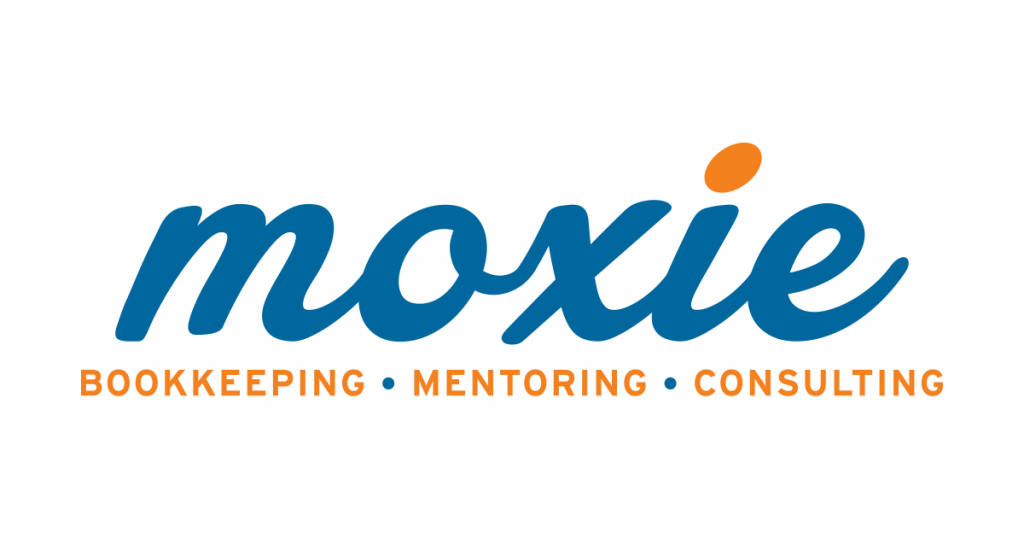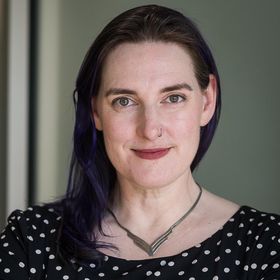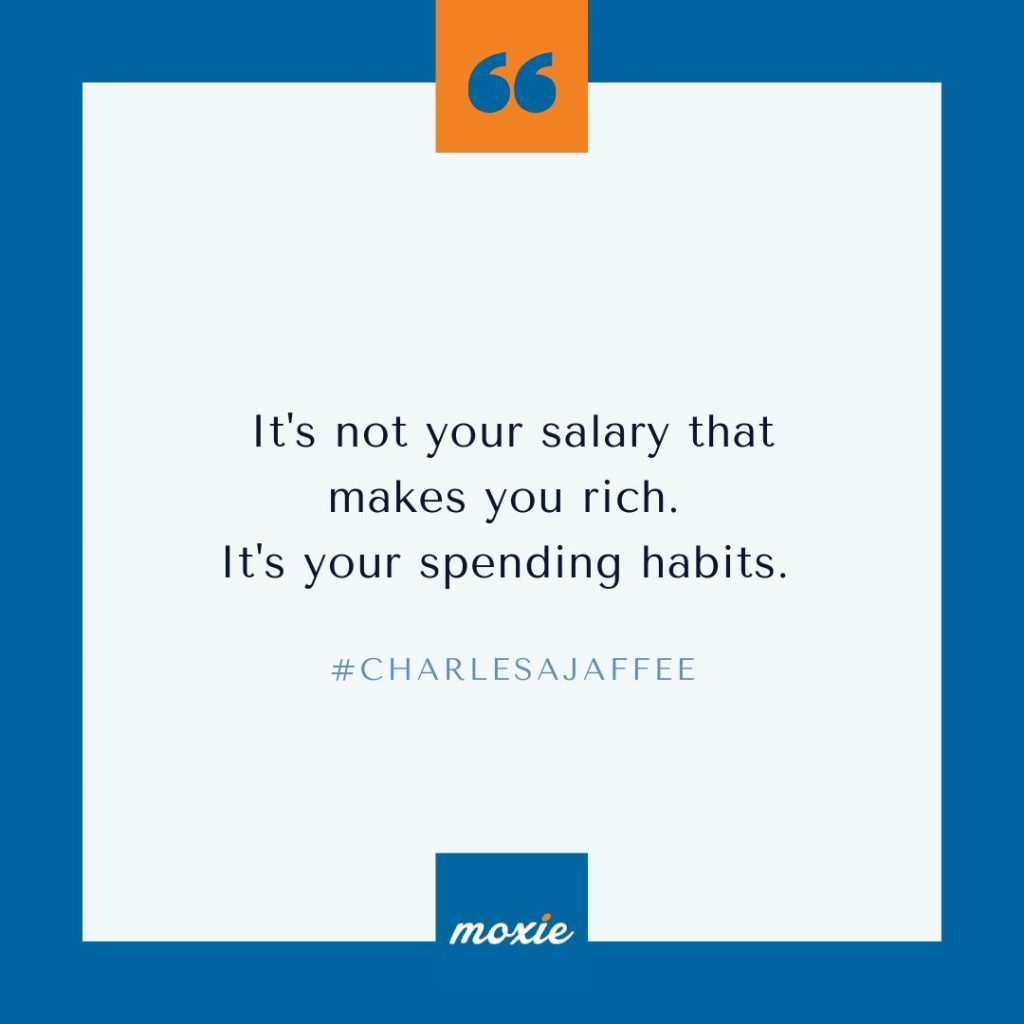Let’s face it, there is this relatively true stereotype that artists aren’t good with money and, more often than not, find themselves struggling to “make a living” from their art. Usually, this means that, if they are not fortunate enough to have a loving partner/spouse/family member who supports them financially, creatives often make their art a “side-hustle” and/or devalue their work, choosing the financial security of commercial or non-creative spaces.
Life is expensive and, in a society that provides little in terms of a financial safety net and hardly any infrastructure for arts advocacy, a full-time career as an artist is almost unheard of.
When Fieldmouse Press began, one of our missions was to bring information and resources to cartoonists to help them with their careers. When asked what they needed, one of the first things cartoonists told us was that they wanted help with the business side of their profession.
In response to this need, we at SOLRAD are beginning a new occasional series of interviews in which we reach out to folks who can help creatives with these issues. Our inaugural piece is a short interview with Ean Price Murphy of Moxie Bookkeeping.

Founded in 2003 and headquartered in Brooklyn, NYC (with bookkeepers all over the U.S.), Moxie Bookkeeping works almost exclusively with “creative firms, architects, photographers, social entrepreneurs, nonprofits, professional service providers, and other folks who are bringing some good into the world.” They exist to empower their clients to take control of their finances through a system called Profit First Cash Management and Breathe Easy Bookkeeping.
Moxie understands that there is a learning curve to managing cash flow and bookkeeping. They give their clients the skill set to build and maintain their books and teach them how to increase their profitability and sustainability. They make financial reports understandable, work with them on goal setting, and help them focus on the thing they love doing most — creating!
As Ean said when I asked her what Moxie is and why cartoonists might be interested in what they do, “I help creatives set up a spreadsheet-free system to manage their money that works with their existing habits to get them at-a-glance clarity … so they don’t have to learn accounting to be permanently profitable. In other words, I simplify the money stuff.”

The following is a short back and forth between Ean and myself via email:
So… bookkeeping, huh? How did you end up in this career?
I kinda fell into it. I needed a job out of college and was hired to be a receptionist for a woman who owned her own custom tile setting business. We got her her first computer, Quickbooks, and I learned accounting with the help of her CPA. When it was time for us to part ways, I decided to go into business for myself and freelance.
The backstory here is that I got a job as a receptionist because I had been bartending and temping out of college and completely underearning. I thought a steady job would be better, but it really wasn’t. I was working at a minimum wage, it was just now taking 40 hours of my life! I was financially illiterate and underearning and that led me into tens of thousands of dollars of credit card debt just on gas and groceries. I just didn’t understand the value of my time or how to get paid what I needed. This was the big impetus for me to become a freelance bookkeeper – I needed to learn how money worked.
If you had one piece of advice (or a first step) for freelance and/or self-publishing cartoonists trying to gain some financial security, what would that be?
Charge more for your work. I know it sounds hard, and it can be! The challenge is to explain your value and why you are worth more. The right people will value your work and be willing to pay a little more.
What is the biggest mistake creatives make with their money?
Thinking it is something they “aren’t good” at. You don’t have to be good with math to be good with money. You have enough to manage. You can’t make an omelet without eggs.
Do you have any advice on how cartoonists can balance being an artist and a business person?
Set aside time. Make a little time each week to do your marketing and administrative work AND to do a little learning on how to run a business in whatever area you want to work on. Don’t try to learn too much at once.

Are there any resources that you would recommend which are almost indispensable for cartoonists thinking about their financial security?
Profit First by Mike Michalowicz is the book that I teach from. It is the simplest cash management system I’ve ever come across, and the best. I also love the book Smart Women Finish Rich by David Bach (not just for women) because it defines so many terms like “what is a SEP IRA” and all that stuff.
I would also remind everyone that the library is your friend! Unless you read a book and love it and want it for a resource you can mark up, always try to borrow from the library first or try to find it used.
How can cartoonists contact you if they want to find out more?
The easiest way is to visit our website, www.moxiebookkeeping.com, poke around, click on the “Book A Call” button, and we’ll contact you.
Any last words of wisdom?
Remember that money is a learned skill, like learning to drive or learning a foreign language. You don’t have to be fluent, you just need to know the basic phrases. And get help. Don’t waste your time trying to figure this out on your own. There are so many free and paid resources out there!
SOLRAD is made possible by the generous donations of readers like you. Support our Patreon campaign, or make a tax-deductible donation to our publisher, Fieldmouse Press, today.

Leave a Reply